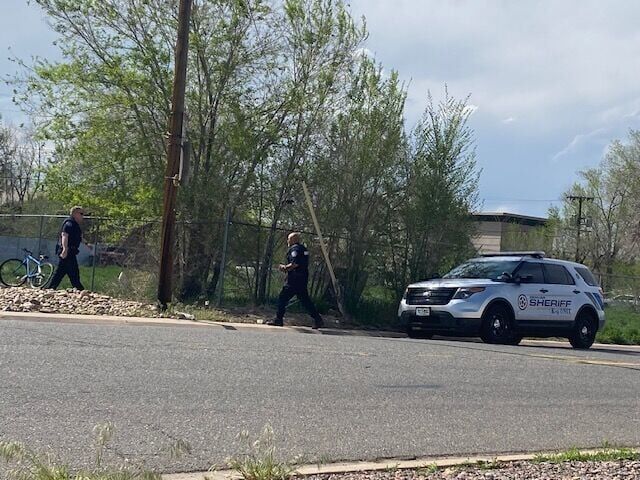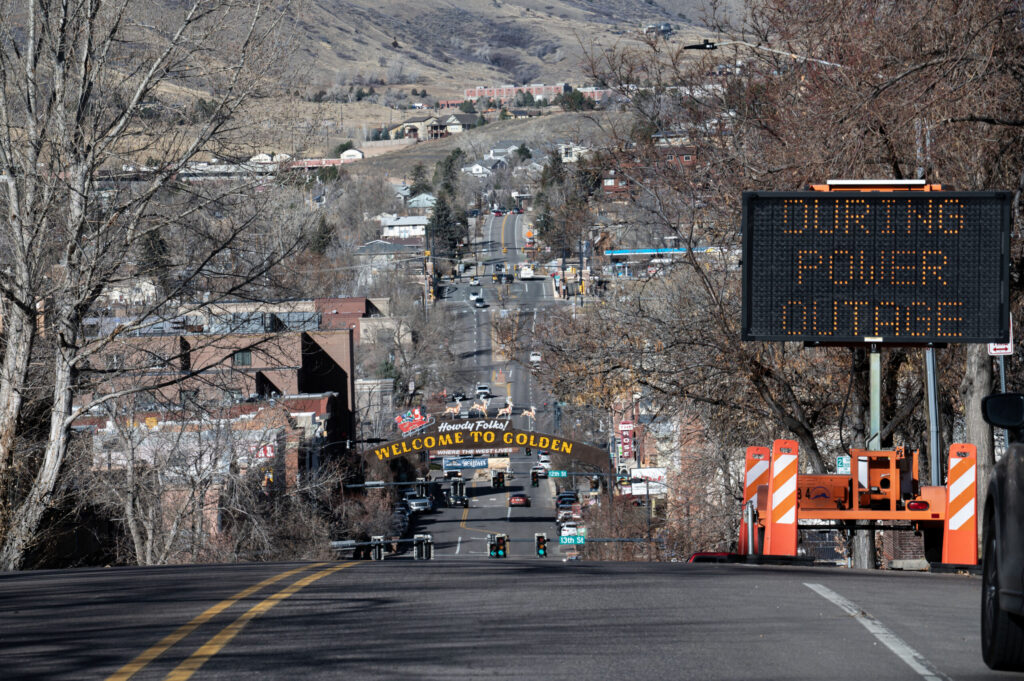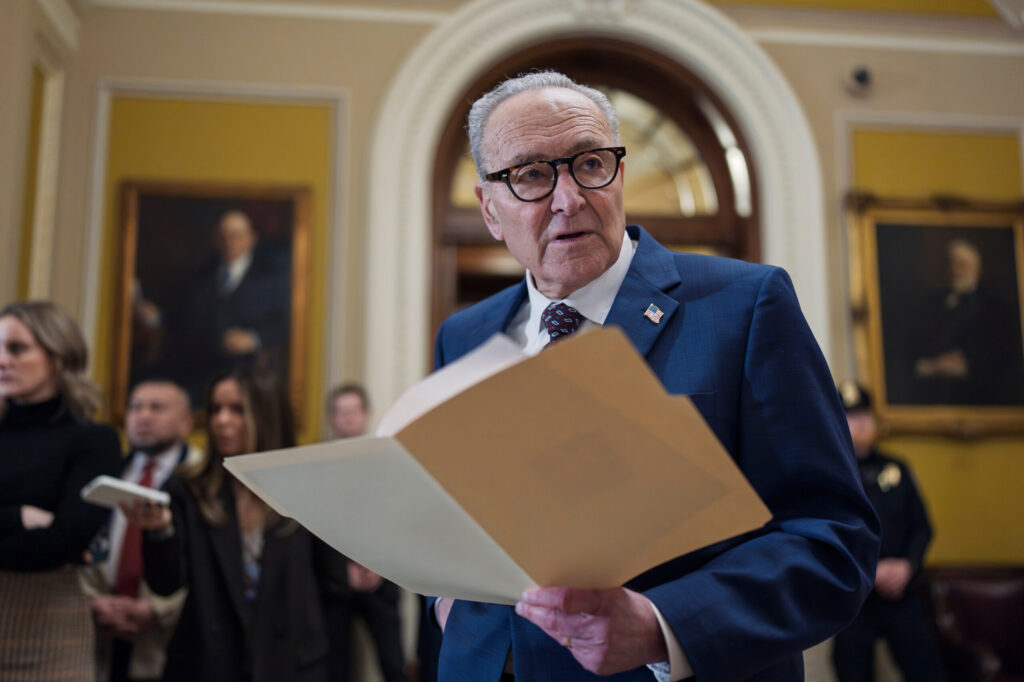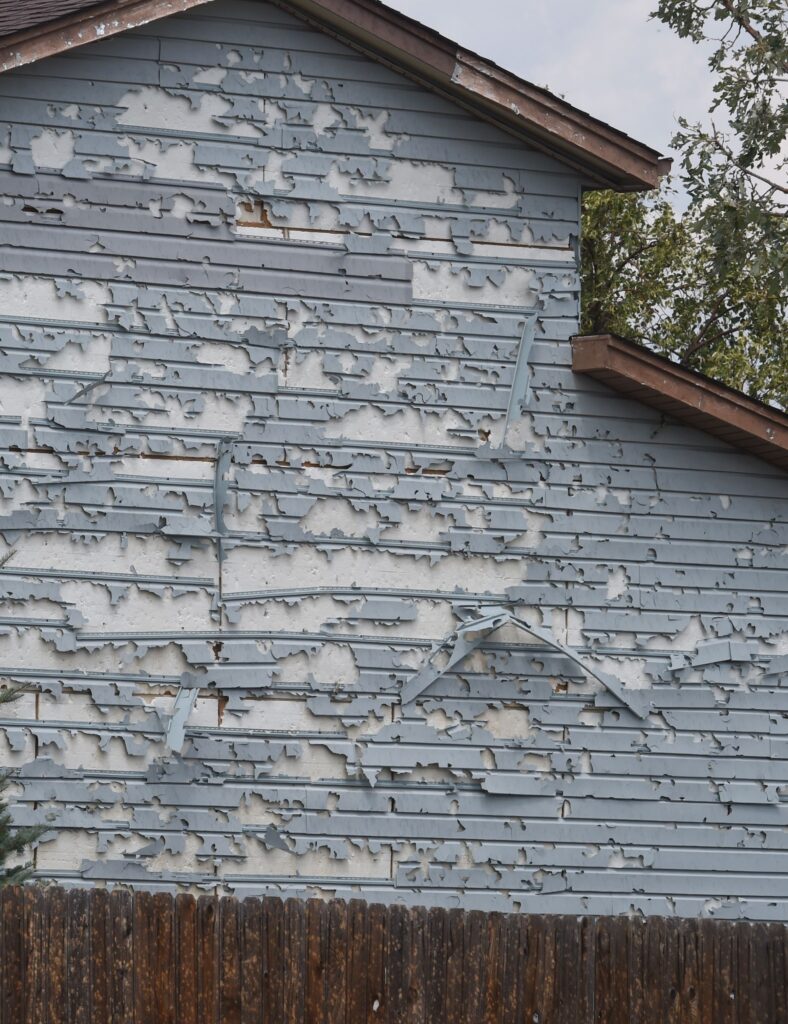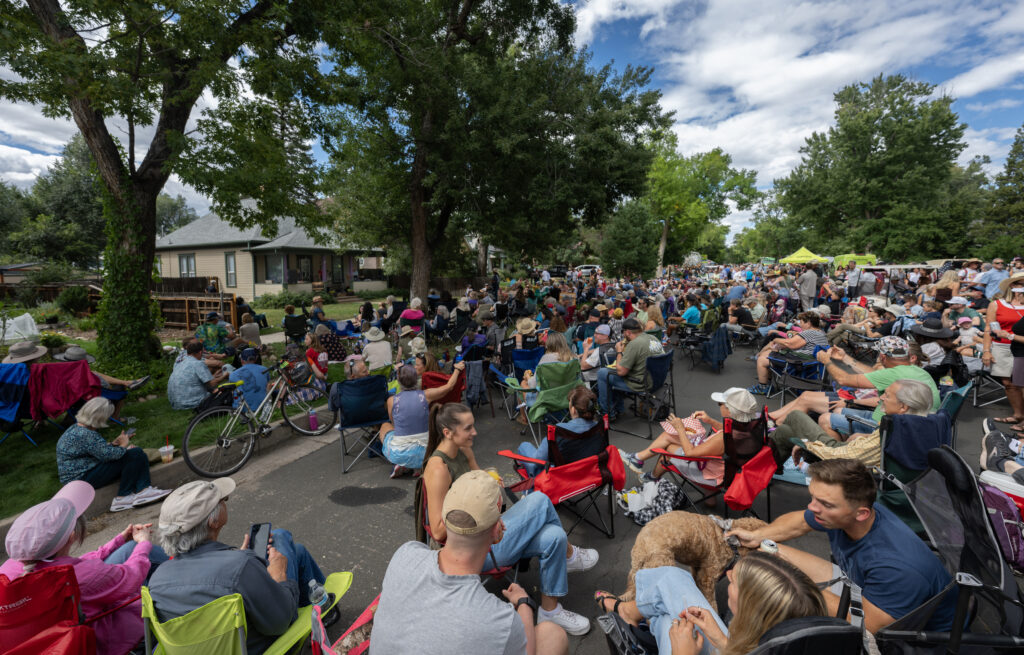Huge influx of migrants prompts Denver Mayor Michael Hancock to approve emergency activation
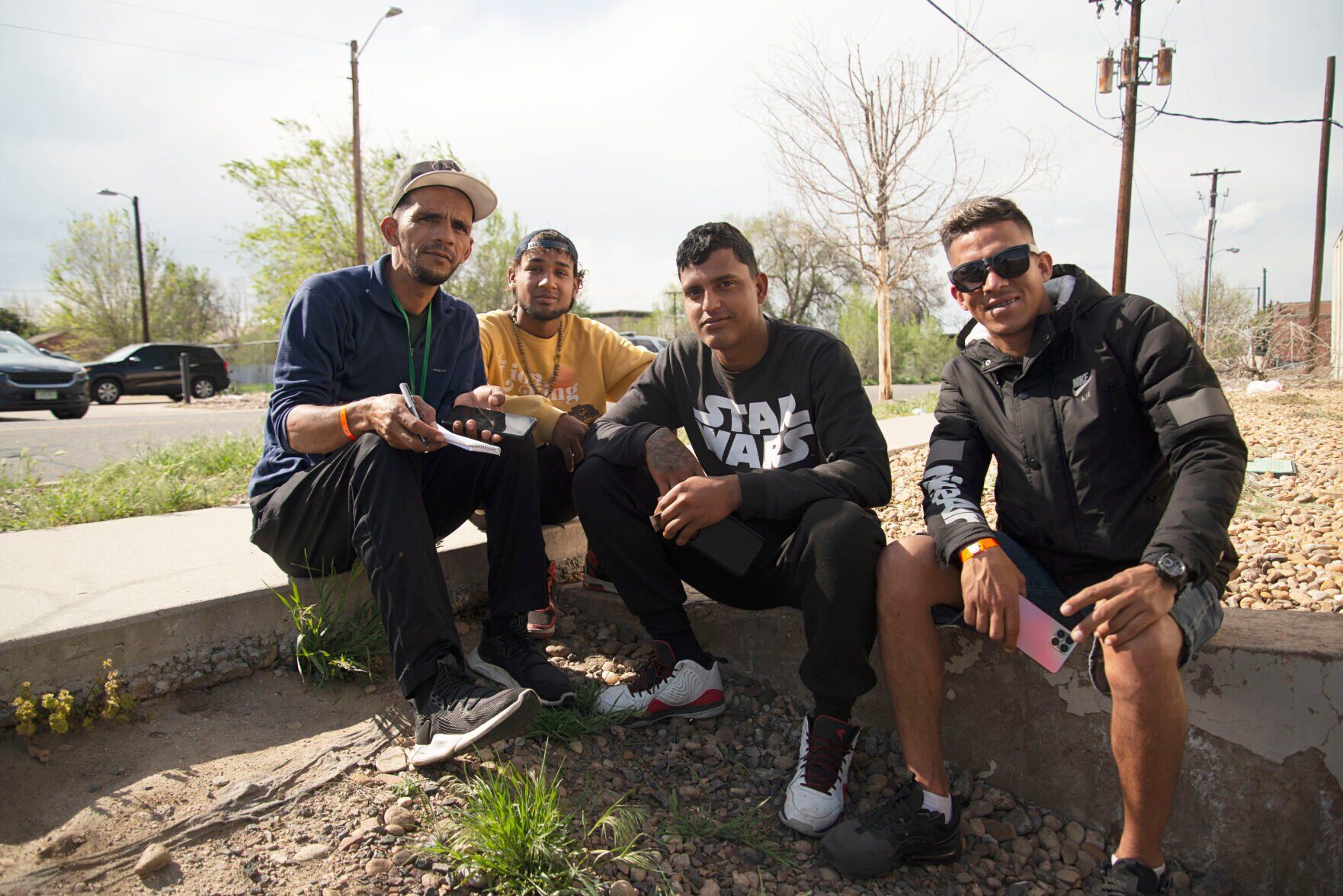
Hundreds of immigrants who have been arriving into the metro area since last Thursday are creating such a critical overcrowding problem in Denver’s shelters that Mayor Michael Hancock approved an emergency activation late Tuesday afternoon to bring in more resources to handle the crowds.
“We were anticipating an influx due to Title 42, but this came more quickly and aggressively than we thought,” said Office of Emergency Management spokesperson Mikayla Ortega.
On Thursday, the United States government will end pandemic-related restrictions on people crossing the border called Title 42, under which immigrants have been expelled from the U.S. more than 2.8 million times since March 2020.
Ortega said Hancock’s urgent action will give the city a better chance to get reimbursement. Denver has put $15.8 million dollars toward supporting incoming immigrants since Dec. 8, 2022.
“That’s taxpayer dollars,” Ortega said.
This recent explosion of new people from South America flowing into Denver followed a lag of around 20 people per day that shelters have reported in the last several months.
But things changed last Thursday, when at least 200 people arrived in one day.
Since then, 800 immigrants have stepped off of buses traveling from El Paso, Texas. Almost 300 arrived on Monday alone, the city of Denver reported Tuesday.
Immigrants arriving to Denver chose the city because bus fare is less expensive from West Texas than to other places and also because the Mile High City is known among people fleeing Venezuela and Ecuador as a place that helps with reunification, according to Department of Human Services spokesperson Victoria Aguilar.
“I don’t think anyone was prepared for this latest surge,” she said, explaining that there has been a lack of action and guidance about the humanitarian crisis from the federal government.
Organizations that support the immigrant community also highlight the resources and diversity in the community, as well as its status as a “sanctuary city,” as reasons attracting the immigrants to Denver.
On Monday, Gov. Jared Polis and Hancock appealed to the Biden Administration for financial aid.
Aguilar stopped short of saying that the Denver metro area will turn people away after Title 42 expires.
“As it stands today, we are under-resourced for any future assistance. It depends on how many people show up,” Augilar said.
The Denver Gazette spoke with people who are living in one undisclosed shelter in Southwest Denver and said they plan to stay in Colorado if they can find work here. Many of them left their countries for economic reasons and hope for a new life in America, they said. Some said they walked through forests, braving wild animals and robbers for close to a year.
Translated directly to, “the first rest,” this video was shared with the Denver Gazette by a recent Venezuelan migrant named Bryan, and shows migrants resting in a heavily-forested section of the journey from Venezuela to the United States, where Bryan ultimately ended up in Denver shelter. Most migrants we spoke to it had taken nearly a year to reach the United States, all citing Venezuela’s crippling economic conditions and the promise of work in America as their reason for making the dangerous voyage.
“We encountered death, rain and accidents in the jungle. Children died,” Renzon Cumane, 28, said.
He left his family and traveled through nine countries before finally getting to El Paso, where he worked on and off pocketing the funds to continue his journey.
“It’s the worst,” he said of having to leave his 3-year-old son. “I’m very sad.”

Aguilar said the city is putting an urgent call out for help from the faith-based community to shelter people who have bus tickets for other cities.
“Accommodations don’t have to be elaborate,” she said.
This would likely apply to short stays as single people and families stop through Denver.
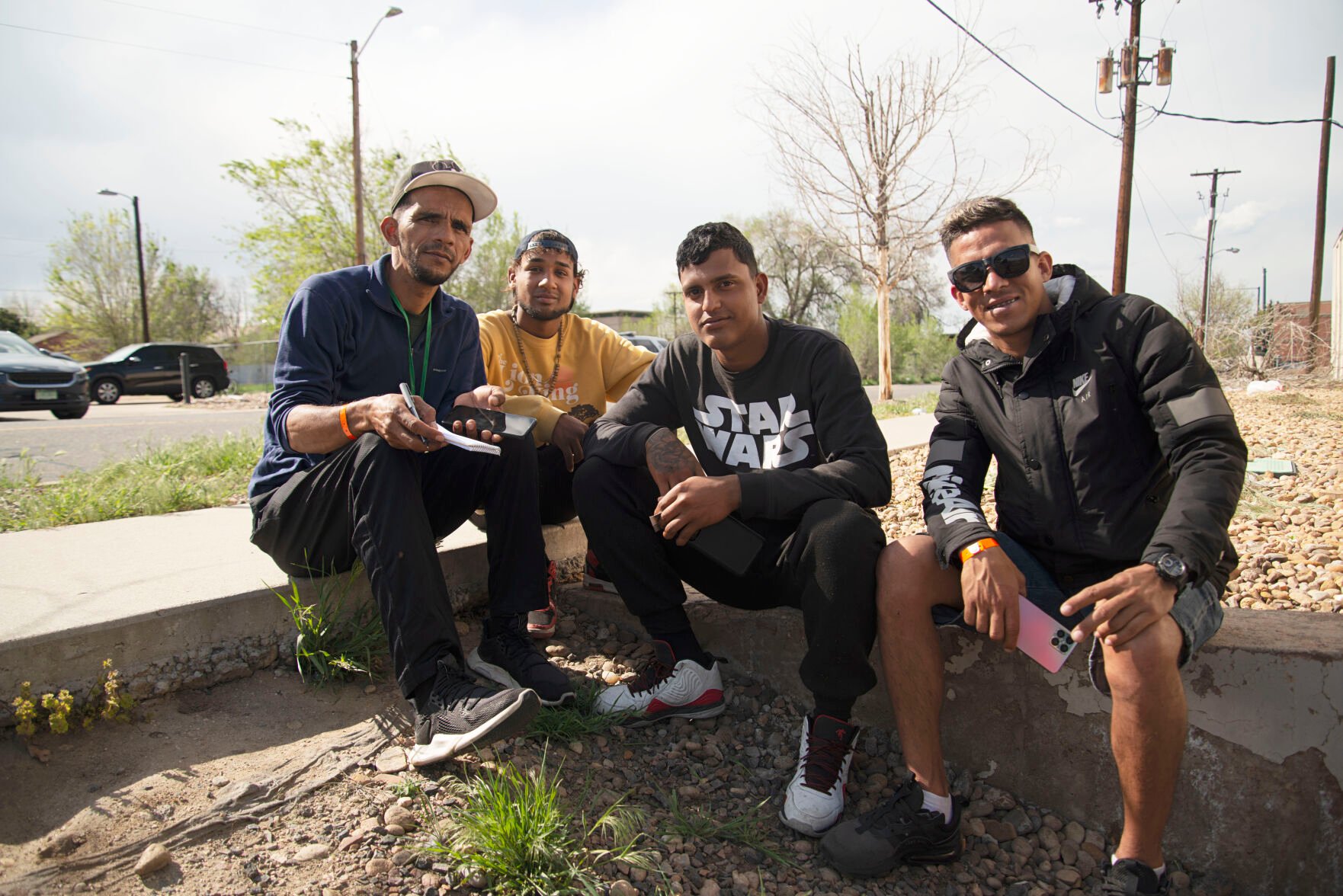
tom.hellauer@denvergazette.com
